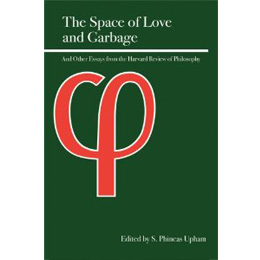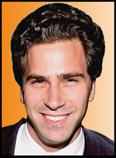By Phin Upham
How does an organization achieve a “sustainable competitive advantage?” When it comes to organizational theory, there are many views which attempt to explain why some organizations are superior to others or have a source of advantage over other firms. One of these views is the dynamic capabilities theory. The capabilities view tries to describe the various accomplishments, disasters, and sources of trouble that the business world endures. This view has an added value: it is especially applicable during times of change. But this additional complexity is occasionally exaggerated by the writers of papers on this subject. Although it is crucial, an organization with good capabilities and a relatively firm foundation is able to produce a great deal of relevant competitive advantage. The theory, which includes the “learning to learn” portion of the picture, as long as it surpasses normal company learning, is a marginal development.
Authors Nelson and Winter write about the capabilities point of view in their essay (1982) “Organizational Capabilities Behavior.” Starting with a focus on the individual, the authors suggest that skilled behavior in individuals is produced through routine, past behavior/learning, and tactic knowledge. The paper doesn’t emphasis some of the conventions of classical micro-economics such as firms optimize, entrepreneurs are identical, and inputs are homogenous. Instead, the authors state that choices in companies might not be ideal – they might be the outcome of personal experience or organizational memory. Organizational memory is found in the situation itself, an individual’s organizational and personal experience, and external memory. Generalizing from this individual standpoint, the authors apply evolutionary economics to the level of the organization. The concept is constructed from the micro level to the macro, producing a conceptual parallel between the two, and a causal link between the nature and behavior of the capabilities of an organization and the behavior of individuals.
Creating an image of organizational routines, the authors end up revealing truces between individual and organizational motivations. Organizational routines give way to organizational capabilities. This theory sets the foundation of the capabilities theory and also produces some fascinating consequences. The first consequence is that organizational capabilities don’t like changes, including changes designed for improvement. The second consequence produced by this theory is that organizational capabilities are nearly impossible to replicate by other firms.



